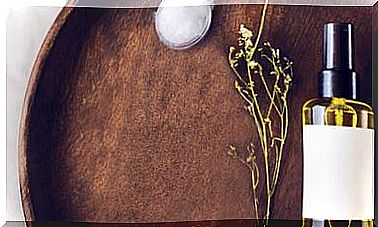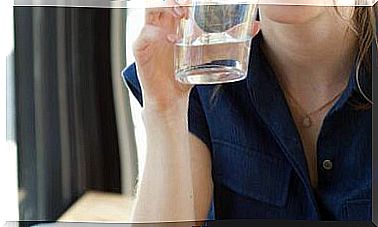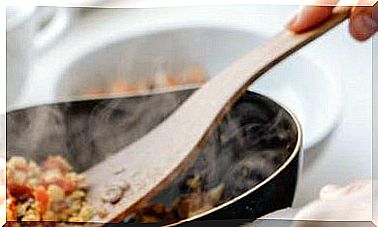8 Tips About Silicon That You Should Know
The role of silicon goes far beyond the good appearance of hair or nails. Its presence in vital tissues makes it an essential mineral.
![]()
Silicon is found deep within the body, where specific cells make up bone or connective tissue. A good contribution can be important to prevent musculoskeletal diseases such as osteoporosis, inflammatory processes or premature aging.
A few decades ago it was stated that its presence in the body was only a vestige of our geochemical origin (it is the most abundant mineral in the earth’s crust) or a pollutant that seeped into the body. Science no longer speaks with such contempt, but for the moment it lists it only as a “possibly essential trace element”.
The fact is that it is found in cells and tissues, although its exact role in metabolic processes is unknown. And although conventional medicine is not concerned about its deficiency, if a mouse is totally deprived of it, it suffers from terrible musculoskeletal abnormalities.
Silicon, a key mineral for health
A body without silicon would probably be a mess, since it is a constituent of osteoblasts, the cells that form and repair cartilage and bones; collagen, which affects the condition of the skin, especially its elasticity; and connective tissue, which protects and communicates organs and body structures.
The silicon is an essential mineral that plays an important role for the proper functioning of the body. Here are 7 keys to understand how it works and incorporate it into your diet.
1. Symptoms of silicon deficiency
A slight lack of silicon produces brittle nails and hair, stretch marks on the skin, inflammation at the musculoskeletal level and premature aging. The severe symptoms of this deficiency have only been observed in the laboratory.
2. Recommended daily dose
The recommended daily dose of silicon has been placed between 15 and 35 mg, of which half is absorbed. In Europe, women get an average of 25 mg and men 32. However, in populations with a plant-based diet the average intake is 170 mg.
3. What foods provide the most silicon?
We can get silicon from many, many natural sources. Whole grains stand out (rice, oats, barley, rye, wheat), green beans, cucumber (with the skin), celery, radish, banana, mushrooms, red lentils, nuts, carrots , spinach, grape (with skin), mango, pineapple, seeds and spices such as coriander.
Brown millet is the food with the most silicon. It contains more than 500mg per 100gr and is therefore becoming popular in central and northern Europe. As a remedy, 20-40 g are usually taken in the form of whole wheat flour, raw and diluted in water or juice. It is also rich in magnesium, zinc and iron.
Beer is also a good source of silicon, for many men the main one. In fact, it is surely the reason that in the statistics they obtain more silicon than women. In 300 ml of beer there are about 6 mg of orthosalicylic acid, of which 55% is absorbed. The contribution does not vary much neither by the type nor by the origin of the beer.
4. Do you need to take a supplement?
Studies on the effects of supplementation have been conducted with 6 to 60 mg daily for a specified period of time. The most frequent is a supplementation – under medical supervision – of 25-30 mg with orthosilicic acid, which is sometimes stabilized with choline for better absorption.
5. Plants rich in silicon
It is found in horsetail ( Equisetum arvense ) in the form of monosalicylic acid. This plant is indicated as a diuretic and for all kinds of skin problems. Due to its richness in silicon, it is recommended to promote the repair and strengthening of any tissue (after surgery, fractures, etc.).
6. May reduce the risk of Alzheimer’s
This is suggested by a study by the Rovira i Virgili University in Reus (Tarragona). Silicon reduces the absorption and retention of aluminum, concentrated in the brain of patients. It could be preventive or therapeutic, but it is not yet clear whether the presence of aluminum is a cause or consequence of Alzheimer’s.
7. Prevents osteoporosis
Before it was believed that it had no effect; However, the latest studies confirm that women of childbearing age who take more silicon have higher bone density and, therefore, a lower risk of osteoporosis. Supplementation can be effective when the disease has been diagnosed.
8. Silicon in coronary alterations
The elasticity and resistance of blood vessels – and of the skin and ligaments – depends on elastin, of which silicon is a constituent. In the body, one of the places with the most silicon is the inner “lining” of the aorta. A silicon deficiency could be related to coronary abnormalities.









